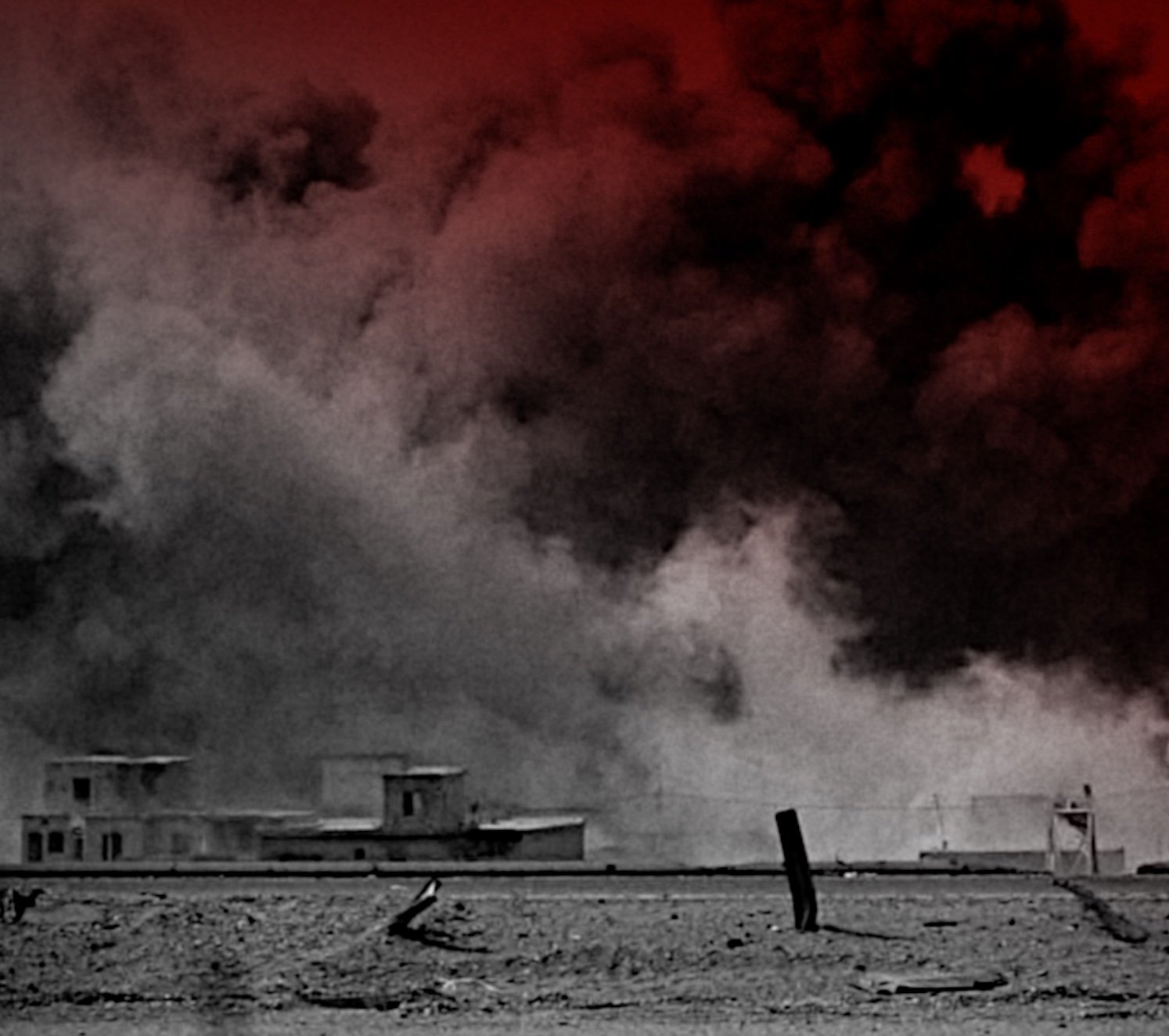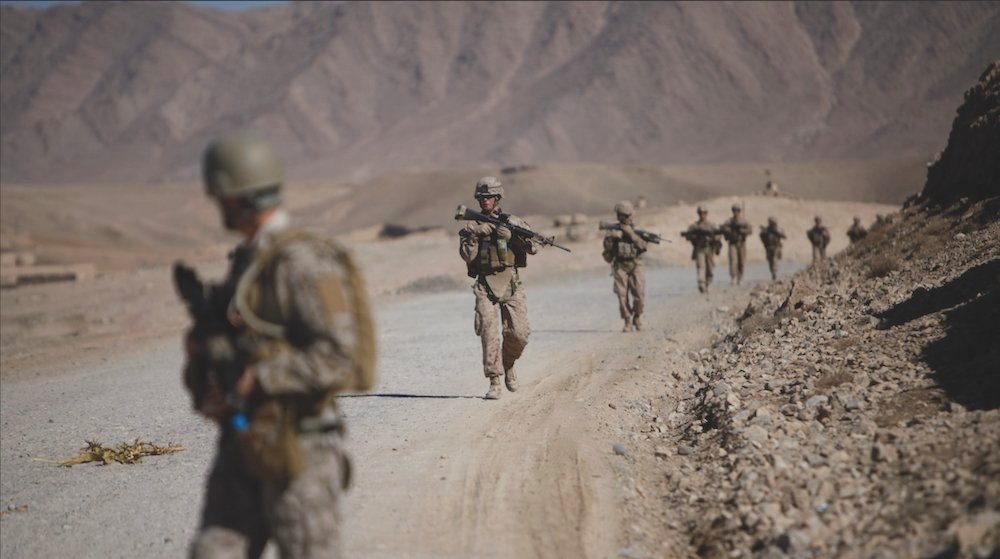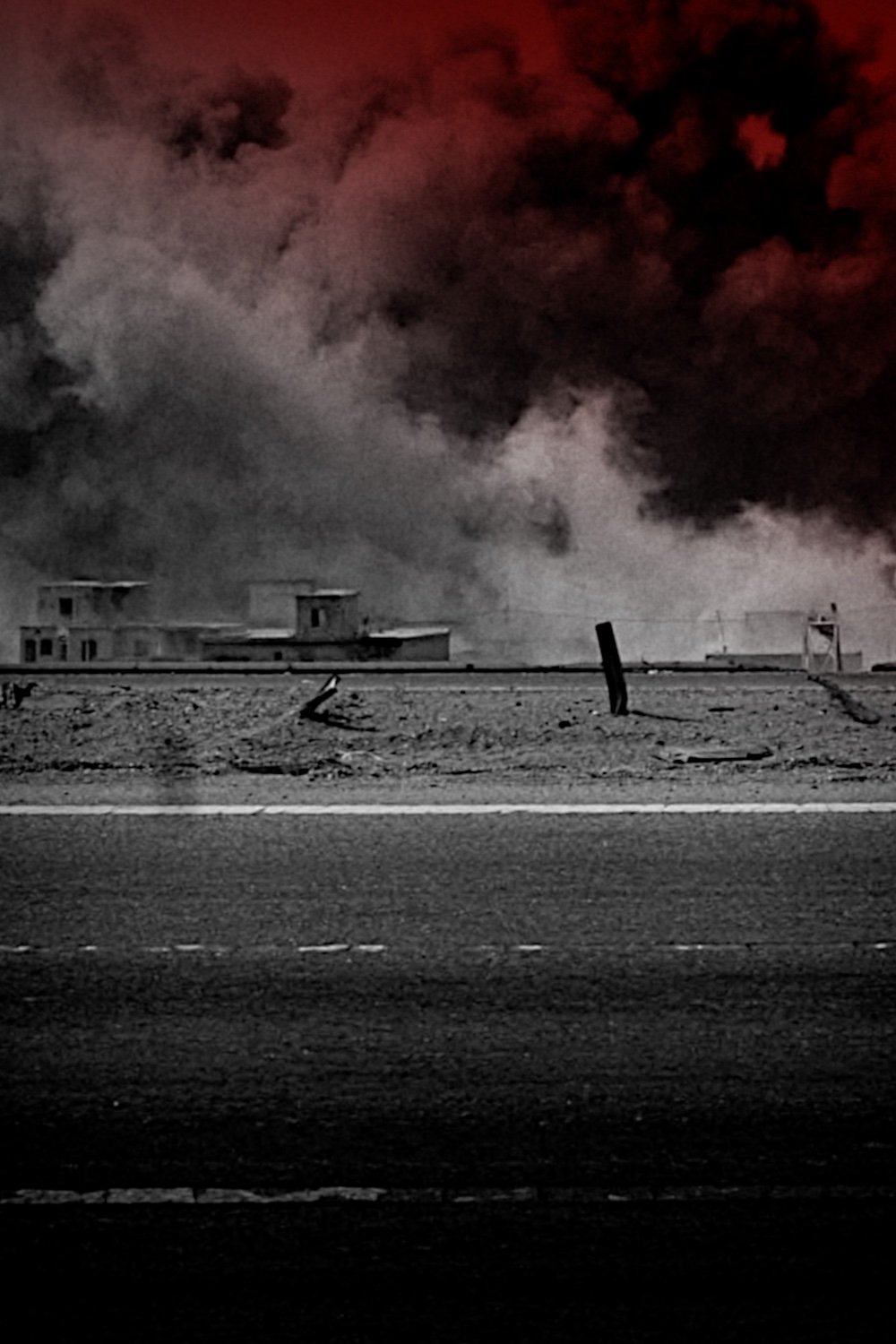
WHAT I WANT
YOU TO KNOW
A gripping, intimate, veteran-centered account of the wars in Iraq and Afghanistan

What I Want You To Know is an intimate journey alongside post-9/11 veterans as they share deeply personal stories from their deployments, exploring truth and justice in the context of their wars. Their depictions of moral injury provide a unique and critical perspective on the cost and consequences of war.

“This is a brilliant documentary film. What I Want You To Know embodies what a lot of us GWOT veterans know deep down about our deployments, but haven't said out loud.”
Tom Mannion
Veteran (3/6 Marines, Iraq 2005, 2007)
New Hampshire State Representative
____________________
“This film delivers profoundly honest veteran experiences that are usually spoken about only in private, and are too often drowned out even now.”
Dr Cathal J Nolan
Boston University Professor of History
Author of Mercy: Humanity in War (Oxford, 2023)
____________________
“One of the most important documentaries of our time. It’s the most comprehensive look that I’ve ever seen at the wars in Iraq and Afghanistan, provided by the soldiers who served on the ground in those wars. It elevates the voices of soldiers from all branches of service, from across the ranks, which is hard to find.”
Dr Ben Schrader
Director, Adult Learner and Veteran Services
Colorado State University
Veteran, 1st Inf Div, Iraq 2004-2005
____________________
“According to Pew Research Center a majority of post 9/11 veterans believe the wars in Afghanistan and Iraq were not worth fighting. What I Want You To Know powerfully explains how and why combat veterans came to this conclusion. We need to listen to these veterans and their stories.”
Philip D Anderson
Vietnam era veteran
USNR (Ret)
____________________
“The film's depiction of moral injury provided invaluable perspective on the tragedy of war to students on campus and members of our community."
Elizabeth Buttil
Assistant Director, Ashland Center for Nonviolence
Ashland University
____________________
"What I Want You To Know is an important film that gives civilians a window into the life-changing impact of military moral injury.”
Dr. Nancy Ramsay
Director of the Soul Repair Center
Brite Divinity School
____________________
”I’m convinced this film should be seen by everyone in this country - young, old, veteran and civilian - because its message is so vital for all of us to hear. It reminds me of the veteran-led ‘patriotic dissent’ that so many of us joined in during Vietnam – which I think was instrumental in stopping that war. Now a new generation has taken up that cause.”
Duke Ellis
Vietnam era veteran
USNavy
____________________
”A thoughtful, fearless documentary… the stories it features are too important not to be heard.”
____________________
“This film is essential viewing for everyone, but it is particularly important for young adults who may have little ‘lived memory’ of the wars in Iraq and Afghanistan.”
Dr Jennifer Yoder
Professor of Government and Global Studies
Colby College
____________________
“Good strategy should lead to a better state of peace. What this amazingly powerful film puts into question is whether the US wars of the last two decades ever came close to that goal”
Gregory Daddis
US Army veteran (Colonel, retired)
Command Historian to the US Multi-National Corps-Iraq, Baghdad
____________________
"What I Want You to Know provides a dose of reality for Americans who see our recent wars as part of a global crusade to defend freedom and spread democracy. The viewpoint of this film is on the ground and through the eyes of the young men and women who do the actual fighting. It's a film all Americans should see before they consider sending another generation into harm's way.
Dr. Thomas Morgan
Vietnam combat veteran
Director Emeritus of the Alworth Center for the Study of Peace & Justice at the College of St. Scholastica
____________________
“As a psychotherapist, I have worked with multiple veterans who have suffered physical, psychological and moral injuries as a result of their deployments… This film can help those veterans understand that they are not alone.”
Robyn Belcher, LCPC
Maine
____________________
“As a veteran of the Afghan War, What I Want You To Know is now my go-to for explaining to my fellow citizens and veterans that the GWOT [Global War On Terrorism] was deeply unjust and wasteful.”
Sergeant Zachary Guiliano
US Army 2011-2016, Jalalabad, Afghanistan 2013
____________________
“…the film shows that many veterans still care deeply about the military and its mission of defending America. They simply hope that policymakers will think more deeply about the suffering that results from our country’s wars of choice.”
Responsible Statecraft
____________________
“In less than 90 minutes, the documentary presents the often-overlooked perspectives of 13 American veterans, who critically reflect on their lived experiences in post 9/11 warzones. Interspersed with frequent cuts to raw wartime photos and videos, the film transports viewers in a right-seat-ride alongside veterans as they recount a shared quest for truth and justice in the backdrop of traumatic overseas experiences. Early on, participants describe an unflinching sense of pride in joining the military in response to political narratives about the mission to defend the nation’s core democratic freedoms in the wake of 9/11. This conviction is soon tempered by contrary realities on the ground overseas.”


